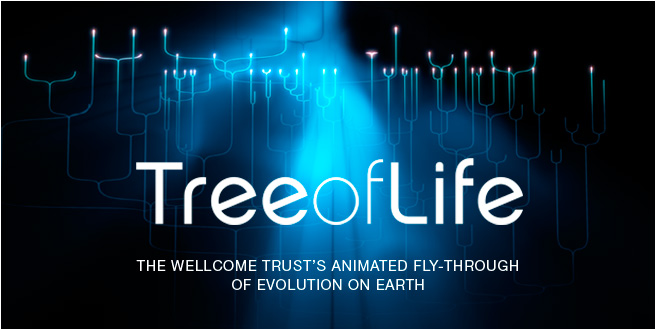
Yes, you read that right. Darwin fans can have their cake, but would you want to eat such a beautiful, and well thought out piece?
This cake was part of a the Bake a Cake for Darwin contest in the Vancouver Evolution Festival, which took place in February. Darwin would have been 200 this year, and rightly deserves a selection of the most thoughtful birthday cakes!
The cake pictured goes far beyond mere aesthetics – it has symbolic value too. The layers represent “the five Kingdoms according to Whittaker” with Monera a probiotic yogurt cake, Protista a green kelp diatom cake, Fungi a polish yeast cake, Plantae a zucchini cake and Animalia a honey cake.
The cake is “shaped as a pyramid embodying the dynamic and complex trophic interactions within ecosystems and also symbolizing to the volcanic Galapagos Islands where Darwin travelled and developed his evolutionary and ecological theories”. Fissures in the layers signify plate tectonics and Darwin’s interest in geography.
The bakers have topped this off with a nest, white chocolate egg and finch (“representing Darwin’s theory of Natural Selection”), a mini SS Beagle and a model of Gus the Giant Tortoise.
More details (and references) can be found at the Science Creative Quarterly.
Image credit: © Vancouver Evolution Festival






